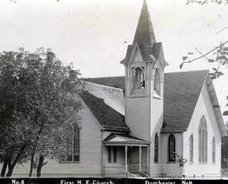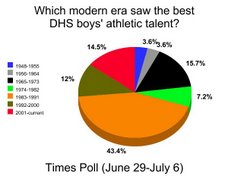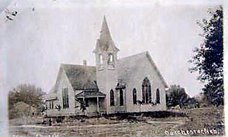
On this website, we often boast about Dorchester's low cost-of-living -- from our community's affordable housing to our school district's below-average tax levy. Cost of living is a key component to our quality of life. And as we tell our friends, if you can't afford to live in Dorchester, you're going to struggle almost anywhere else in these great United States.
But we believe in reporting both the good and the bad. So when we examined utility rates, we were disappointed to see Dorchester utilities are above the Nebraska average.
The average residential electricity rate in Dorchester is 11.79¢/kWh, according to ElectricityLocal.com, a website that compares local utility rates. This means Dorchester's average residential electricity rate is 17.43% greater than the Nebraska average rate of 10.04¢/kWh. Crete, Friend and Wilber all have residential electricity rates below the Nebraska average (Crete's rate is nearly 25% less.)
The good news is the average residential electricity rate in Dorchester is 0.76% less than the national average rate of 11.88¢/kWh. Residential rates in the U.S. range from 8.37¢/kWh to 37.34¢/kWh. The average residential electricity bill in Nebraska is about $100/month, ranking 29th in the U.S. and 6.54% less than the national average of $107.
But we were especially concerned to find that the average commercial electricity rate (for businesses) in Dorchester is 12.45¢/kWh -- 48.57% greater than the Nebraska average rate of 8.38¢/kWh. The average industrial electricity rate in Dorchester is 13.33¢/kWh, or 90.16% greater than the Nebraska average rate of 7.01¢/kWh. This is an unfair burden on businesses in our town.
Keep in mind that the Village of Dorchester oversees and owns Dorchester's electrical delivery service, even if the day-to-day maintenance is being performed by the City of Crete for the time being. This means profit from the utilities stays in Dorchester, which is a good thing, as opposed to sending it to a larger entity like Nebraska Public Power District.
Also, we realize that Dorchester's lower housing costs and property taxes more than offsets the higher than average utility bills. Nonetheless, this in an area Dorchester leaders should address.


















































No comments:
Post a Comment
Village Dweller checks all reader comments to determine if they are appropriate for print.